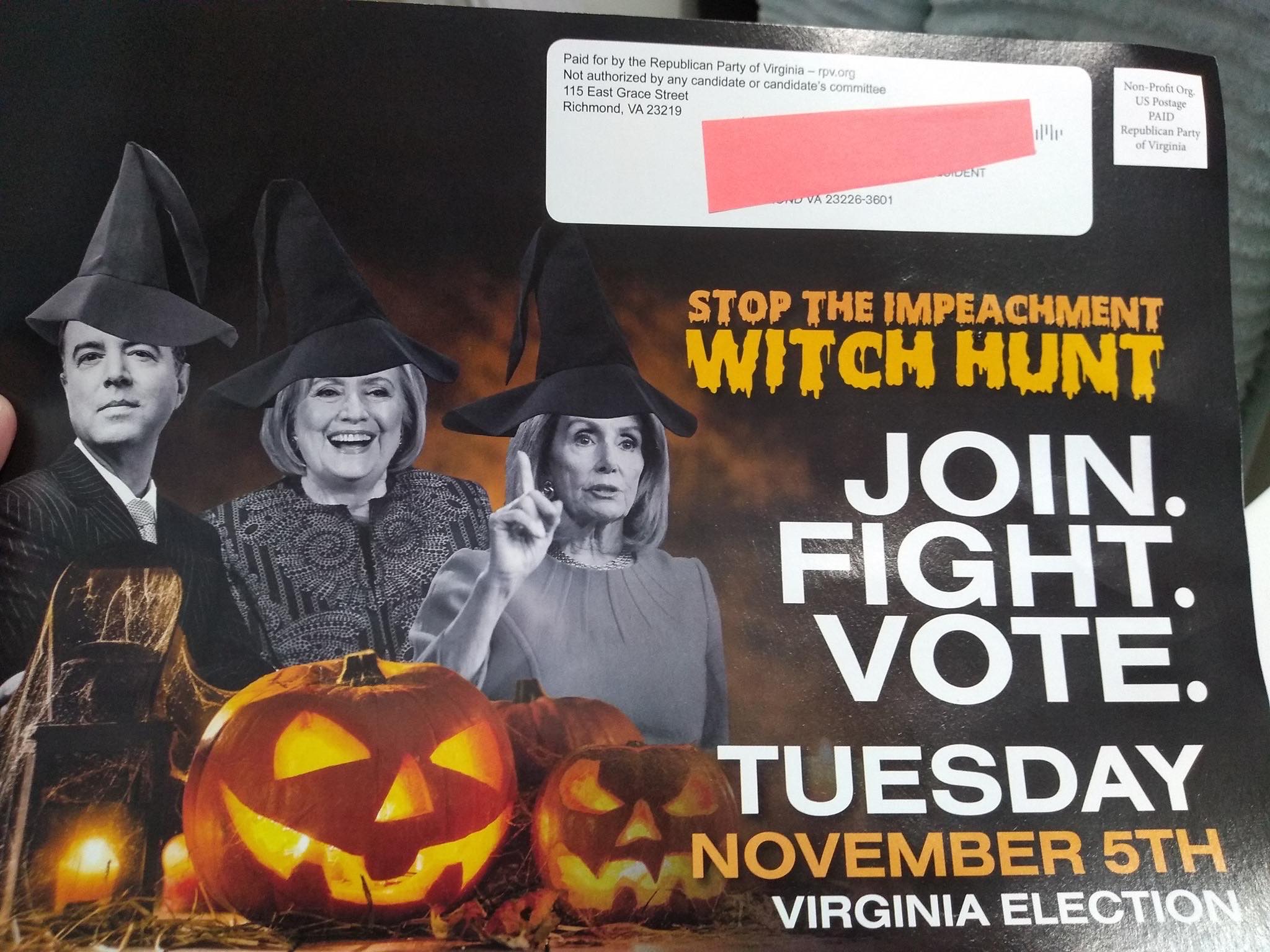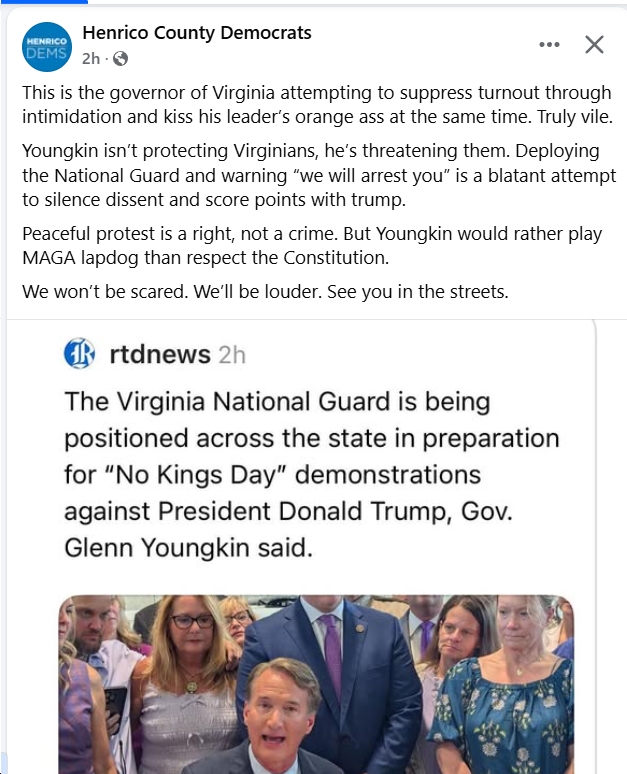Back in early 2017, I wrote about the decision by Nestlé USA to move its U.S. headquarters to Rosslyn (Arlington), Virginia. At the time, the Arlington news release stated that the county was “thrilled” to welcome Nestlé “to its community as a new leader in the business market,” while then-Gov. McAuliffe called the move “a huge win for our commonwealth…a clear sign that our efforts to build a new Virginia economy are paying off.” My response was that:
- It was highly questionable whether Virginia’s and Arlington County’s expenditure of >$16 million in subsidies to bribe…er, persuade this $240-billion (!!!) multinational corporation to relocate here made sense.
- This is a company which has “come under fire in recent years for bottling water during the state’s record multi-year drought…remov[ing] 36 million gallons of water from a natural forest in California to bottle and sell, prompting public criticism and at least one lawsuit.”
- The model of throwing money and tax incentives at corporations to move from one city to another, one county to another, one state to another, is ruinous and absolutely NOT an economic growth model we want to be pursuing.
- And, I asked, do we really want to be celebrating a company like Nestlé, with its long list of such as “persuad[ing] the World Water Council to change its statement so as to reduce access to drinking water from a ‘right’ to a ‘need’”; and “In 2005, after the cocoa industry had not met the Harkin–Engel Protocol deadline for certifying the worst forms of child labour (according to the International Labour Organization‘s Convention 182) had been eliminated from cocoa production, the International Labor Rights Fund filed a lawsuit in 2005 under the Alien Tort Claims Act against Nestlé and others on behalf of three Malian children. The suit alleged the children were trafficked to Ivory Coast, forced into slavery, and experienced frequent beatings on a cocoa plantation.”
Speaking of that case regarding Nestlé and child slavery in the Ivory Coast, it was back in the news yesterday, as the company’s attorney, Neal Katyal, asked the Supreme Court to let his clients (Nestlé and Cargill) off the hook for “abetting child slavery.” Believe it or not, Katyal actually argued in his brief that:
“…allowing corporate liability would ‘place U.S. firms at a competitive disadvantage compared to companies in countries’ with a law similar to the ATS. And he argued that liability ‘would discourage foreign investment in the United States by foreign firms concerned about triggering expansive ATS liability.’ Katyal also claimed that the ‘international community’ does not support holding corporations responsible for violations of international law. For support, he pointed out that the Nuremberg prosecutors declined to prosecute ‘the firm that supplied Zyklon B gas, which the Nazis used to kill millions.’”
Unfortunately, given the right-wing, pro-corporate views of the Supreme Court’s majority, it wouldn’t be at all surprising if they find a way to let these companies get away with aiding and abetting child slavery and other terrible crimes. But next time a wealthy, powerful company like Nestlé comes to Virginia asking for taxpayer-funded corporate welfare, can we at least look into the company’s environmental and human rights practices, and take that into consideration in deciding whether or not to bribe…er, entice them to relocate here?!?
















